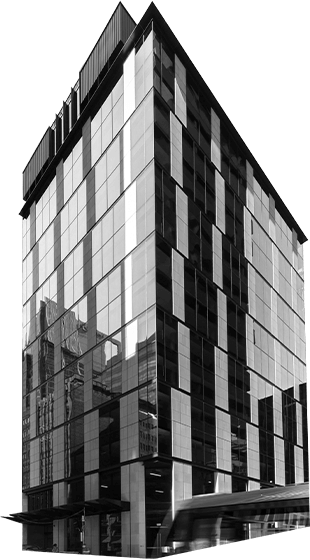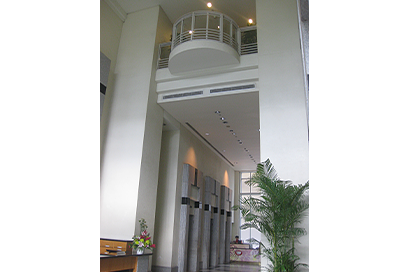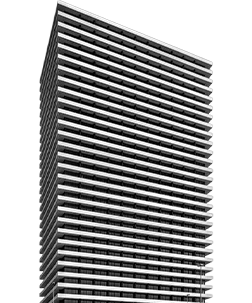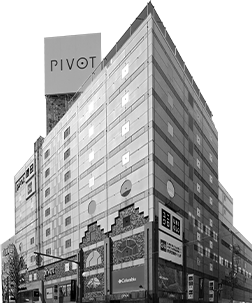 11
2007
11
2007
Overseas
International Operations
The Challenge of Daibiru’s First International Expansion
Mutual Trust and a Long-Term Perspective as Points of Agreement
Even though there are determining factors other than price in the bidding process, it is not possible to sit down at the negotiating table if you are significantly outbid by your competitors in terms of price. Daibiru submitted a bid with the intention of being the highest bidder based on advice from a financial advisor that the company had hired under contract, and although Daibiru’s bid was very high, the seller said it was still too low. In the end, we were able to sign a contract by raising the price further, but as it later turned out, Daibiru was not actually the highest bidder. The seller wanted to sell to Daibiru from the start. The reason given was that both parties agreed on the policy of managing from a long-term perspective that valued mutual trust with tenants. The seller’s true intention was to avoid selling the building to a fund that intended to resell it. The contract negotiations later ran into difficulties, with Daibiru’s lawyers being cautious because it was the company’s first overseas project, and the response of the seller’s lawyers was overly reactionary. However, the parties involved recall that they managed to make progress because of the mutual trust between the seller and buyer and their eagerness to get the deal done one way or another. Saigon Tower became the first office building in Vietnam to be owned by a Japanese real estate company.
Building management was fortunate that the local employees were so supportive of the change of ownership. Through repeated communication between Japanese and Vietnamese personnel, a system was established to provide services that were unique to Daibiru in terms of facility management and tenant relations. Even today, the building is recognized as one of Ho Chi Minh City’s top grade A buildings.
-
1927 1931 Hibiya Daibiru Buildings
No. 1 and No. 2 -
2007 International Operations
-
- An Unexpected Discovery of a Good Property
- Mutual Trust and a Long-Term Perspective as Points of Agreement
- The Acquisition of a Property in Hanoi Through Unity of Philosophy
- Implementing Daibiru Quality Through Building Renovations
- Challenges in Australia, Our Second Overseas Expansion Target
- The Discovery of 275 George Street
- Difficult Contract Negotiations with JHG
- Overcoming Several Unexpected Difficulties
-




